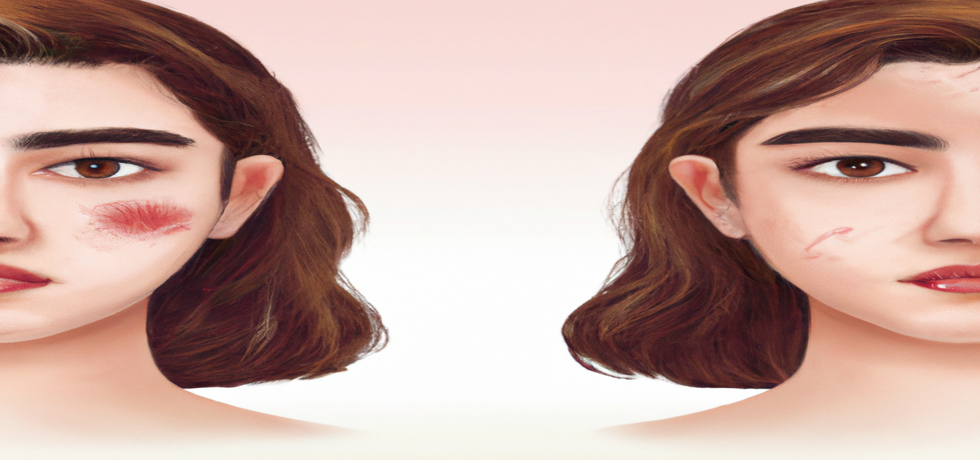
Understanding the Acne Battle
Introduction to Acne
Acne is a common skin condition that can significantly impact your self-confidence and emotional well-being. It often appears unexpectedly, making it difficult to manage your day-to-day life while dealing with breakouts. Gaining a deeper understanding of the acne battle can empower you to tackle this condition effectively and embrace your skin with confidence.
What Exactly is Acne?
Acne occurs when hair follicles become clogged with dead skin cells, excess oil, and bacteria, leading to various types of blemishes. The typical culprits are blackheads, whiteheads, and more inflamed forms such as papules or pustules. While most common during puberty, acne can also affect adults at any age. Recognizing the signs and symptoms of acne is the first step in managing it.
What Causes Acne?
There are multiple factors that can contribute to the development of acne. Hormonal changes, particularly during puberty or menstrual cycles, can trigger excess oil production. Additionally, certain medications, a family history of acne, and the use of specific cosmetics can exacerbate the condition. Understanding these triggers can help you take control of your skincare routine.
Types of Acne Explained
The acne landscape is diverse, with different types requiring different approaches. Blackheads and whiteheads represent milder forms, while papules and pustules are more inflamed and require careful management. Nodules and cysts are considered severe forms of acne, often needing specialized acne treatment for effective resolution. Each type of acne has its own characteristics, making it important to identify what you’re dealing with.
Managing Acne: A Skincare Routine
A consistent and deliberate acne care routine is essential for soothing and managing acne-prone skin. Incorporate gentle cleansing, exfoliation, and hydration using products formulated for acne. Regularly cleansing helps remove excess oil, and employing acne treatments that target specific outbreaks can reduce flare-ups. Maintaining a balanced skincare routine can significantly influence the trajectory of your acne battle.
When to Seek Professional Help
Persistent acne that doesn’t respond to over-the-counter treatments may require the expertise of a licensed dermatologist. They can offer personalized acne treatment solutions tailored to your skin type and severity of the condition. A holistic approach that considers diet, hormonal changes, and stress levels might also be beneficial in managing your acne effectively.
Conclusion: Taking Charge of Your Skin Health
Ultimately, understanding the factors that contribute to acne empowers you to take action. Remember that effective acne treatment involves a combination of a proper skincare routine, an understanding of your triggers, and, if required, professional assistance. Embrace the journey of healing your skin with patience and care, and you may find your confidence blossoming along with your clearer skin.
Frequently Asked Questions about Acne
1. Can diet affect acne?
Yes, certain foods might trigger acne breakouts, while a healthy diet can promote better skin health. Pay attention to your body’s responses.
Yes, certain foods might trigger acne breakouts, while a healthy diet can promote better skin health. Pay attention to your body’s responses.
2. Is it safe to pop pimples?
Popping pimples can lead to scarring and infection. It’s best to leave them be or consult a dermatologist for safer treatment options.
For professional assistance and expert advice from leading dermatologists like Dr. Hital Patel, experience the benefits of understanding the acne battle with Hair & Skin Specialist Dr. Hital Patel at The Skin Artistry. Our clinics in PDPU Gandhinagar, Vastrapur Ahmedabad, and Hyderabad (Visiting Consultant) offer top-quality care and personalized treatments. Visit us today to learn more about our services and take advantage of our special offers! For more insights, updates, or to collaborate, stay connected with The Skin Artistry.

